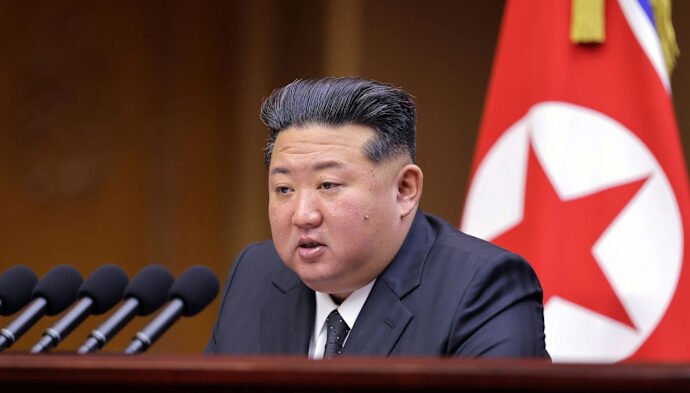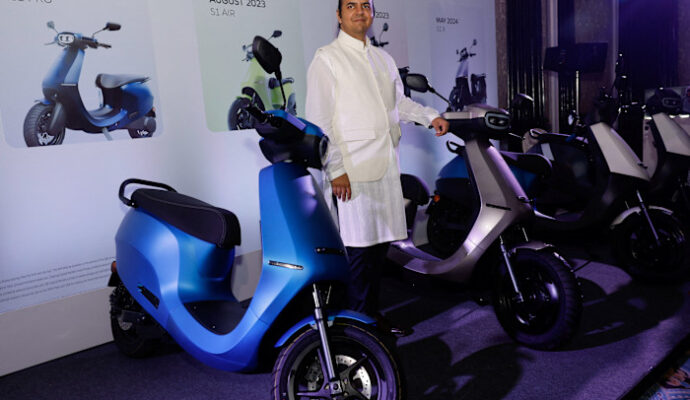Indonesia’s largest newspaper ran an unusual advertisement this week — a full-page essay by the ministry of defence, explaining the expanding role of the military in economic and civilian affairs.
Titled “no longer just the military: Indonesia’s people’s defence”, the ministry said that its role has expanded in recent times to support President Prabowo Subianto’s “grand visions” to build “comprehensive defence” for Indonesia.
The ministry is “transforming from mere military defence to universal defence based on welfare and cross-sector collaboration”, it said in the Kompas newspaper, justifying the armed forces’ role in Prabowo’s flagship policies such as a nationwide free meals programme for schoolchildren.
The advertisement underlines the way Prabowo is reshaping Indonesia since he took office less than a year ago, after an election in which the former general cast himself as a friendly grandfather and promised policy continuity.
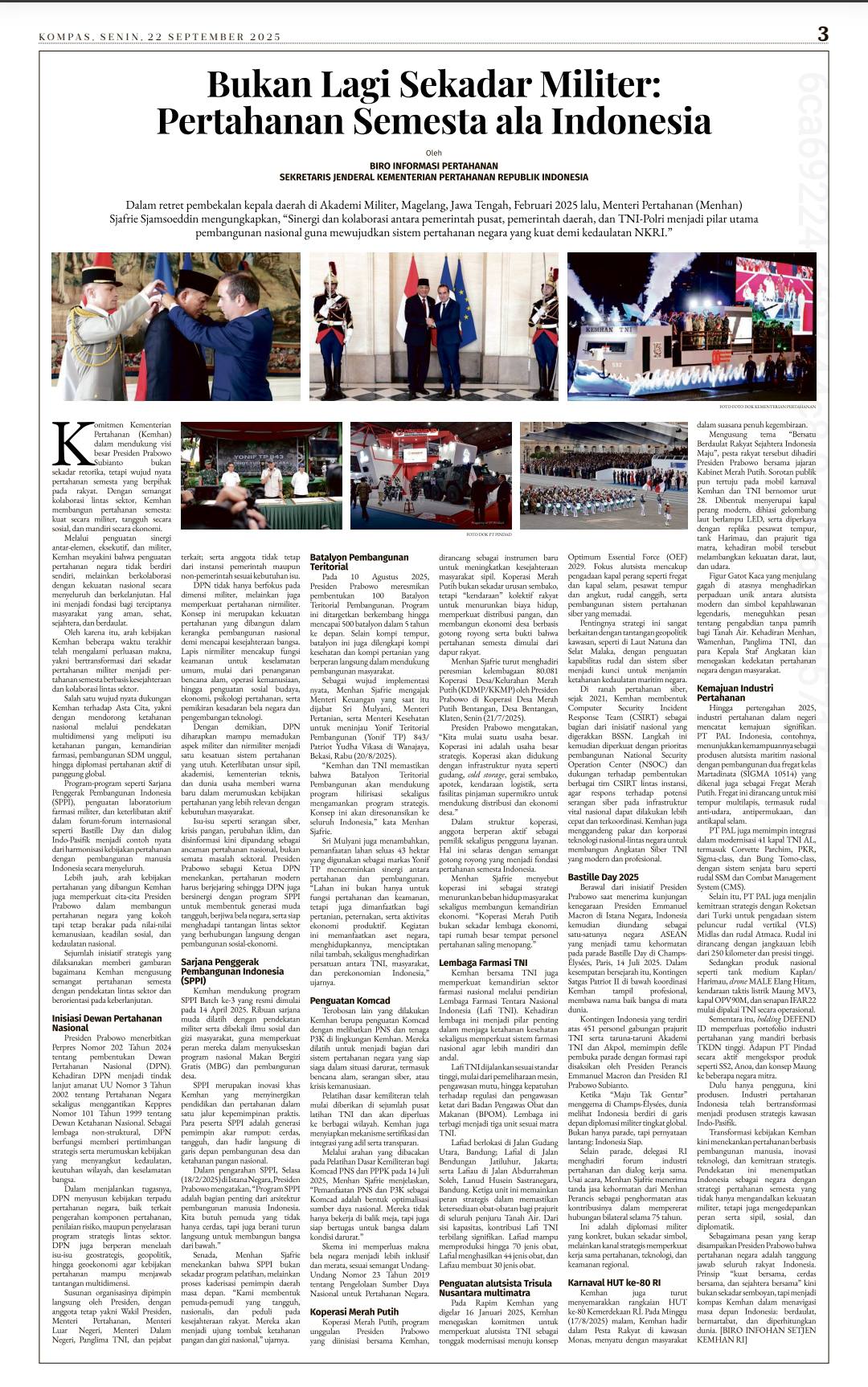
But investors have been rattled by a big shift in economic policy, with Prabowo prioritising expensive welfare programmes and economic growth over fiscal restraint, the bedrock of investor confidence in Indonesia after the 1997 Asian financial crisis.
He has also made sweeping political changes, concentrating power in his hands and in institutions he trusts such as the military. He has reduced budgets for regional governments and adopted a top-down approach, people briefed on his leadership style say. His coalition’s dominance of parliament has left the country without an effective opposition.
“One of the clearest features of Prabowo’s presidency is his effort to reorganise Indonesia through [the] centralisation of power,” said Made Supriatma, a visiting fellow at Singapore’s Iseas-Yusof Ishak Institute.
“He is convinced that top-down centralisation and command are what Indonesia needs now,” he said.
Prabowo spent 28 years in the military, before being dismissed in 1998 for his alleged involvement in the abduction and disappearance of democracy activists during protests that brought down dictator Suharto. Prabowo has always denied wrongdoing.
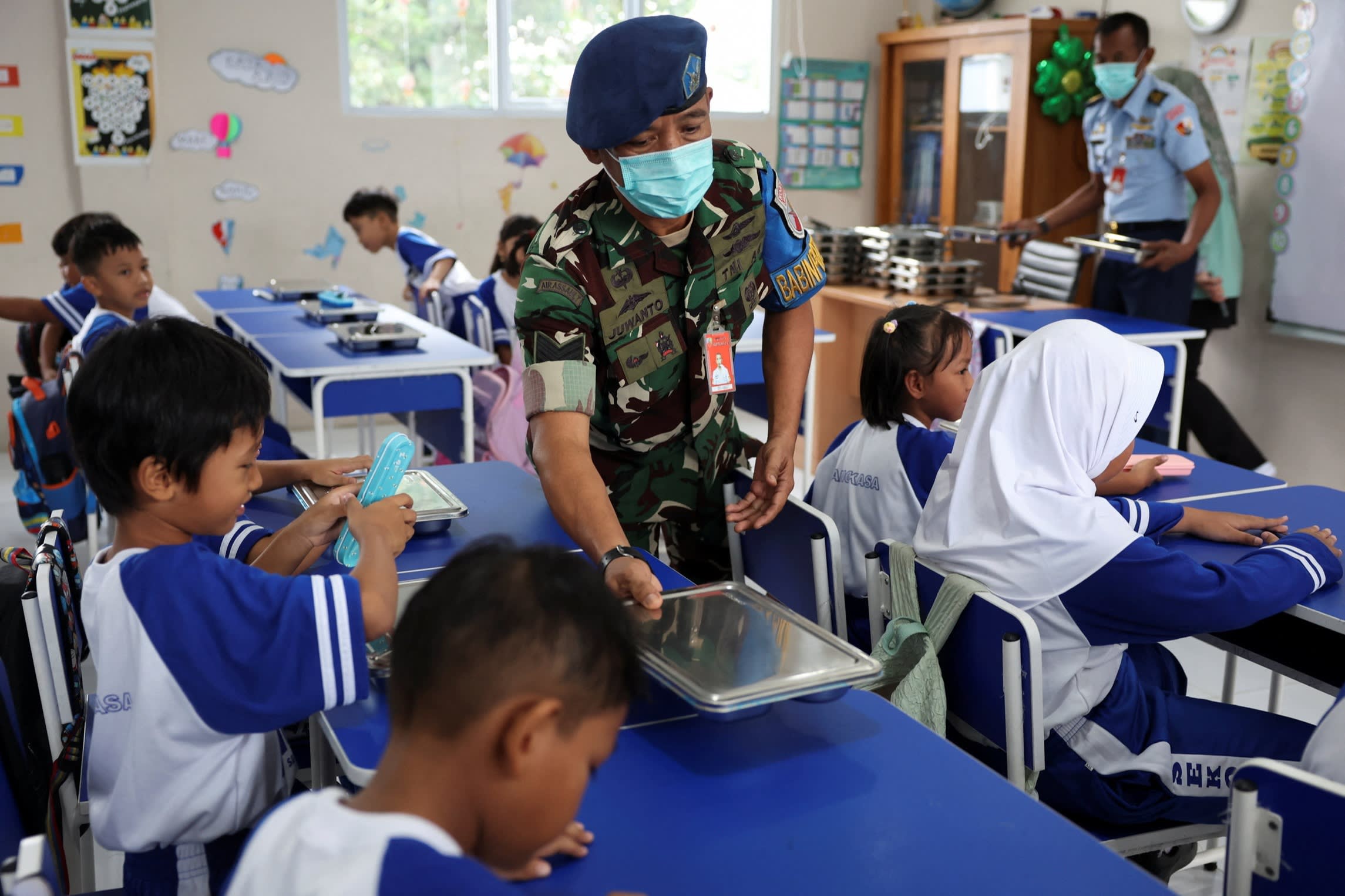
He then turned to politics, winning the presidency last year in his third attempt, aided by his promise to stick to the path laid down by Joko Widodo, his predecessor. Widodo raised Indonesia’s global profile, delivered stable growth and attracted billions in foreign investments, particularly in nickel.
But Prabowo has embarked on a stark departure from Widodo’s policies. That move has been the trigger for major protests across the country.
His flagship initiative to provide free meals to schoolchildren and pregnant women at the cost of $28bn annually is being funded by cuts to infrastructure, education and regional government budgets, which have been reduced 20 per cent to Rp692.9tn ($41.4bn) for 2026. The austerity measures and lower funding to provinces have prompted public anger and demonstrations.
The meals programme, which provides free lunch for nearly 23mn people every day, has faced some criticism over cases of food poisoning and for the military’s role. The government has asked soldiers to run kitchens and help distribute meals to schools, citing the logistical challenges of implementing the programme across thousands of islands.
“Poor policy execution, caused by Prabowo’s distrust of civilian bureaucrats and technocrats, has made his flagship programs stumble,” said Iseas’ Made.
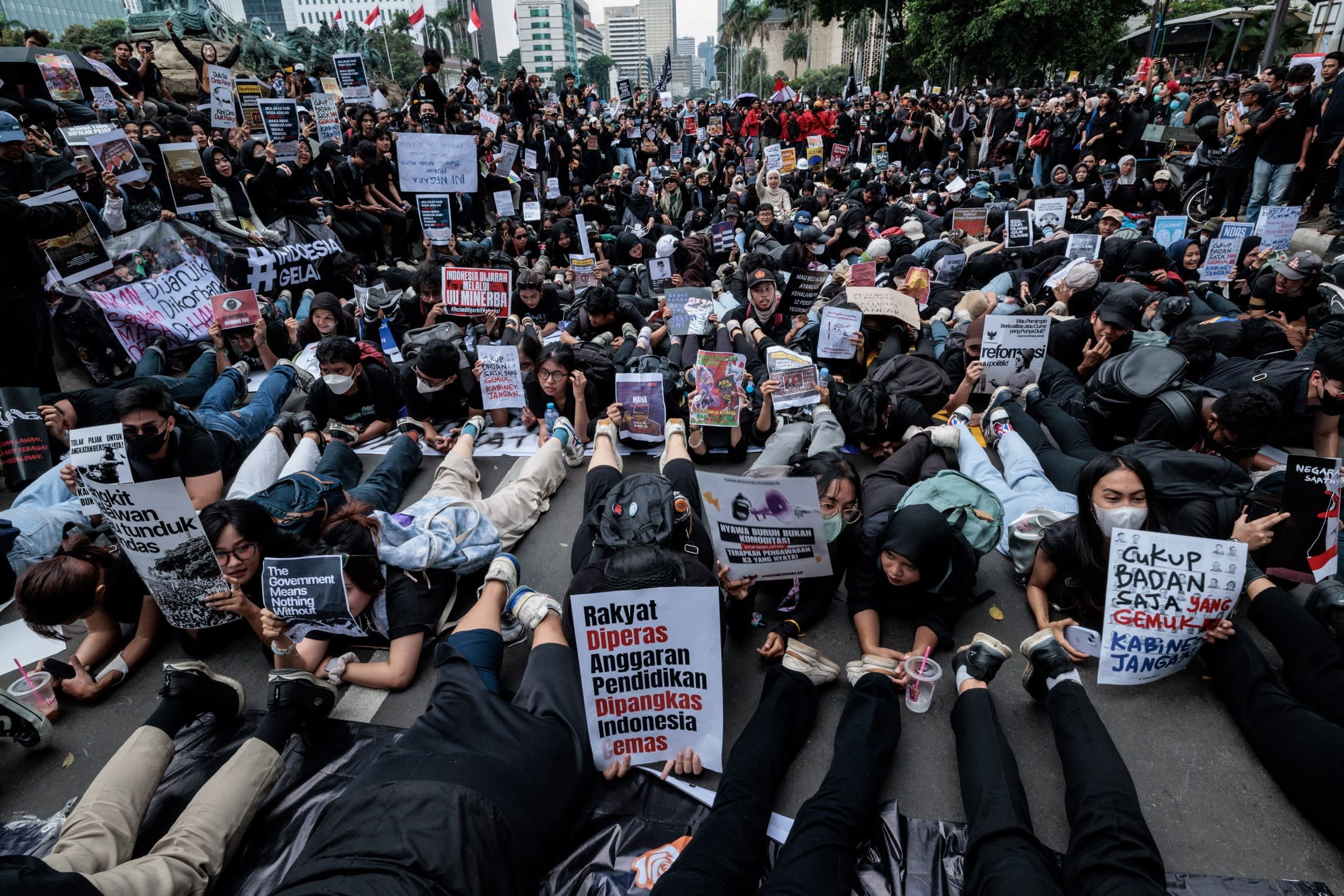
The military is being empowered in other ways. In March, his administration passed a law that allows active soldiers to hold more government positions.
Prabowo has concentrated power by forming a broad coalition of nearly all major political parties. His ruling alliance is made up of 12 political parties, and controls 81 per cent of total seats in parliament.
The Indonesian Democratic Party of Struggle, headed by former president Megawati Soekarnoputri, is the only major party not to have joined the coalition, but it has declined to be officially called the opposition party in parliament.
Parliament has become “de facto ineffective”, said Yunarto Wijaya, a political consultant from Charta Politika. “Substantial democracy, in which the checks and balances process involves the public through [parliament’s] monitoring function, is no longer there,” he said.
Prabowo’s extraordinary political alliance means he has also had to create the largest cabinet in decades to accommodate political allies. He has 49 ministers and over 50 deputies.
Analysts said the cabinet appointments were aimed at appeasing political allies, but Prabowo has cut budgets for several ministries and has taken over control of key programmes, making the cabinet less powerful.
Some executive functions have been moved from ministries to agencies that now report directly to Prabowo, said Arya Fernandes, head of the department of politics and social change at CSIS Indonesia.
“We are losing voices from opposing groups and political parties. It results in no strict control from the parliament . . . they’re almost like a mere rubber stamp due to strong executive domination,” he said.
If parliament doesn’t do its job of providing checks and balances, “extra-parliamentary forces” such as students and civilians will become the opposing force, he said.
Within his inner circles, Prabowo rarely faces any opposing views as he is surrounded by yes-men, according to advisers and people close to his government.
A person familiar with the administration added: “no one is encouraged to tell [Prabowo] the truth.”
“He seems to be very isolated” from the realities on the ground, especially on the true state of the economy, the person said.
That inner circle includes defence minister Sjafrie Sjamsoeddin, Prabowo’s classmate at the military academy and once Suharto’s bodyguard. Prabowo’s office did not respond to a request for comment.
Prabowo’s new finance minister, Purbaya Yudhi Sadewa, is closely aligned with his vision of greater social welfare and an economic growth target of 8 per cent, a level not seen in decades.
While Prabowo and Purbaya have expressed optimism over strong growth numbers, businesses and economists have warned of a slowdown amid a poor jobs market and weakening purchasing power.
“With the more top-down approach to leadership, where unity is often equated with centrality and uniformity, there is no effective feedback loop mechanism for the civil society to provide constructive inputs to government policies,” said Maria Monica Wihardja, an Iseas fellow and a former World Bank economist.
“That is very dangerous, that is to have a government that lives in its own echo chamber,” she said. “Without trust and legitimacy, the country will continue to be socially and politically unstable despite the big coalition of political parties the president builds.”
